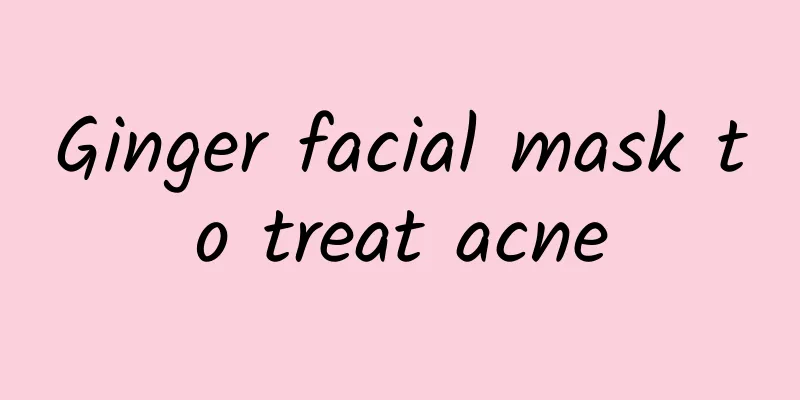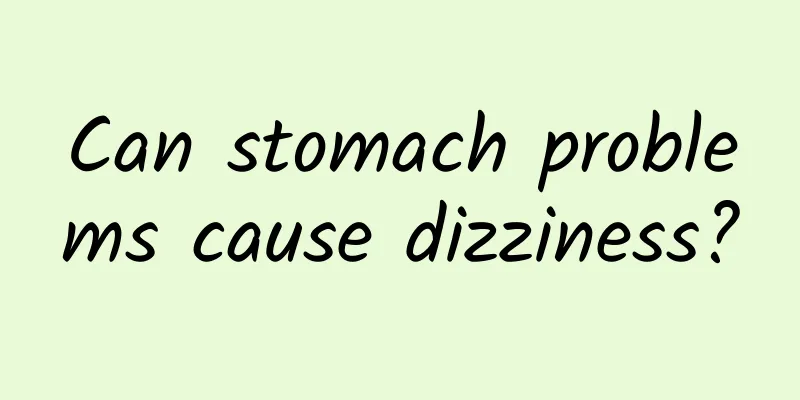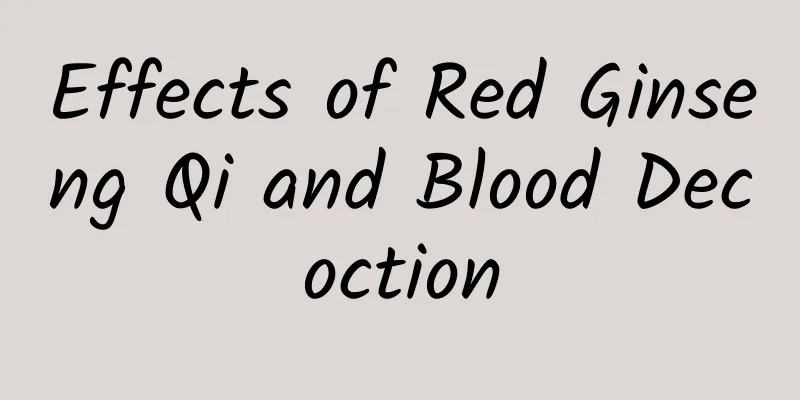Ginger facial mask to treat acne

|
Although we can buy many acne removal products now, many people still choose some diet therapy or small tricks to remove acne and reduce skin irritation. Many people use ginger on their face to remove acne. So, can applying ginger on the face really remove acne? In order to answer everyone’s doubts, let’s learn about it today and hope that everyone can look at the issue of acne removal correctly. First of all, it is not difficult to extract some key points from the commonly circulated sayings about ginger slices to remove acne: (1) Ginger can remove acne marks (2) The reason is to inhibit granulation tissue (3) The method is to use friction and facial mask (4) The condition is to persist for a period of time Whether ginger is effective in removing acne scars depends on whether these key points are established. (1) Can ginger remove acne scars? (2) Can ginger inhibit Propionibacterium acnes? I checked the explanations about "using ginger to remove acne scars" on the Internet, and most of them are like this: "Ginger has bactericidal and anti-inflammatory effects and can kill acne bacteria", "Ginger can promote cell metabolism, new cells gradually replace aging cells and repair damaged cells." Whether it is "killing acne bacteria" or "repairing cells", these information lack a key point, that is, what kind of ingredient in ginger has such a magical effect? Just like whether a drug can cure a disease, it must be because the drug contains one or several active ingredients that have been repeatedly proven to have a therapeutic effect through experiments. Literature shows that there are two components in ginger - curcumin[2-3] and gingerol[4-6], which mainly reflect the pharmacological effects of ginger and have antibacterial, antiviral and immune-regulating effects. The "real culprit" of inflammatory acne is Proteobacterium acnes. Ginger contains antibacterial ingredients, which seems to verify the statement of "killing Proteobacterium acnes" (the same as "killing granulation tissue"). In addition, ginger contains another ingredient - gingerin, which can be extended to believe that it has the effect of promoting cell metabolism and tenderizing the skin. It seems that the claim that ginger can remove acne scars also makes sense. However, both of these statements are valid based on one premise, which is that "concentration determines efficacy." At present, there are special topical medications for the treatment of acne. The formula contains effective anti-acne ingredients. These ingredients have been verified by experiments and mainly include: salicylic acid (up to 2%), AHA (up to 10% in daily chemical products, and more than 10% is considered professional chemical peels), benzoyl peroxide (up to 10%), sulfur, etc. Just imagine, if the ingredients in ginger can really achieve the effect of fighting acne, someone would have extracted it long ago and made it into related medicines. Even when chemical extraction methods were used, the extraction rates of gingerol and curcumin in the experiment were 0.3143% and 0.3889% respectively, and the yield of protease was 1.376%[1]. After all, ginger is a food ingredient, the content of antibacterial ingredients is very limited, and the amount that can penetrate into the skin is even less. Medicines are different. Their effects are targeted and have more specific concentrations of active ingredients. Obviously, the success rate of treating acne by applying medicine directly is much more reliable than using "traditional methods". The same principle applies to using ginger to remove acne scars. If ginger protease can indeed help remove acne scars, then directly using skin care products containing protease will achieve a more obvious skin-renewing effect. (3) Ginger rubbing method? The person who proposed the ginger rubbing method may have also considered that simply applying it on the face is too inefficient, but this will create another problem, that is, friction will cause irritation, which is a major cause of acne. In addition, ginger itself is irritating to the skin, so there may be no harm in most people trying this method, but if the skin becomes itchy, you must stop immediately. (4) Who can “persist for a period of time”? The need to “persist for a period of time” also shows that the effect of ginger is too weak. But how many people would really persist in applying ginger on the face and wait for this weak effect to lead to a qualitative change?
Summary of the “Ginger Acne Treatment Method”: 1. Certain ingredients in ginger (active ingredients such as gingerol, curcumin, and protease) theoretically have bactericidal and exfoliating effects. 2. The concentration of active ingredients is very small. If you cannot persist in taking it for a long time, the effect will be almost negligible. 3. Ginger may be irritating to the skin. 4. The effect is unlikely to reach the level of topical acne medications. 5. Acne is not a difficult disease. Targeted treatment drugs have always been available. Most people can basically eliminate acne with continuous treatment for no more than 3 to 4 months. |
<<: Acne on face during early pregnancy
>>: Chrysanthemum water can remove acne
Recommend
Side effects and contraindications of ginseng peptide
As a nutritious and nourishing substance, ginseng...
Is neurofibroma treatable?
Many people do not pay much attention to the prob...
What are the symptoms and diagnosis of piriformis syndrome?
The piriformis muscle is an important part of the...
Tips for hearing loss due to a cold
Everyone should be familiar with the disease of c...
I haven't had my period for 40 days and I'm not pregnant. What's going on?
The open-mindedness of people in modern society h...
What to do if your child has allergic urticaria
Allergic urticaria is a relatively common disease...
Is liquid contraceptive gel reliable?
Following condoms, emergency contraceptive pills a...
In winter, nourishing yang is more important than strengthening yang
The "Yellow Emperor's Internal Classic&q...
Can I get pregnant if I ejaculate into the vagina?
If you don't want to get pregnant, you must t...
Can newborns drink sugar water?
Newborns are in the early stages of development an...
What should I do if taking medicine irritates my stomach?
When people are sick, they need to take medicine ...
What are the reasons why girls have body odor?
Summer is coming soon, and many girls will start ...
The toothache will go away after bleeding.
When you have a toothache, do you try many method...
How much is duck treasure per gram
Many people have heard of sheep treasure and chic...
Why do the wind make my eyes tear up?
Many people who ride electric bikes or electric m...









